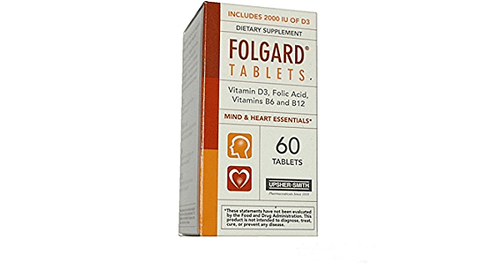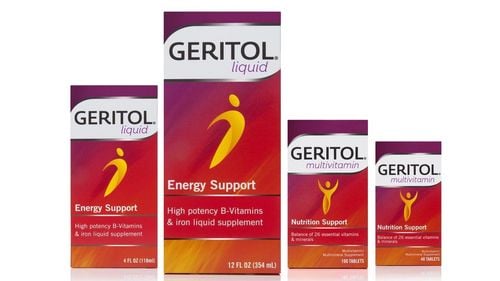This is an automatically translated article.
The article was professionally consulted by Specialist Doctor II Pham Thi Tuyet Mai - Obstetrician and Gynecologist - Department of Obstetrics and Gynecology - Vinmec Hai Phong International General Hospital.During pregnancy you are at higher risk of anemia because your body needs to make more blood to support the growing baby. With anemia, the body doesn't have enough healthy red blood cells to carry oxygen to your body's tissues and nourish your unborn baby. It may be because you don't eat enough iron or some other nutrient to make the red blood cells you need.
1. Causes of anemia in pregnant women
There are more than 400 different types of anemia, but in pregnant women there are only 3 types of anemia as follows:
Iron deficiency anemia Folate deficiency anemia Vitamin B12 deficiency Causes of anemia of the above types include:
Iron deficiency anemia, this is the most common cause of anemia during pregnancy. This type of anemia occurs when the body doesn't have enough iron to produce enough hemoglobin, a protein found in red blood cells that carries oxygen from the lungs to the body's organs. In iron-deficiency anemia, the blood cannot carry enough oxygen to tissues throughout the body. Anemia due to folate deficiency. Folate is a B vitamin found in certain foods like green vegetables. The body needs folate to make new cells, including healthy red blood cells. During pregnancy, women need extra folate, but sometimes they don't get enough from their diet so the body can't make enough red blood cells to carry oxygen to the body's tissues. Folate deficiency can directly cause some types of birth defects, like neural tube defects and low birth weight. Vitamin B12 deficiency. When a pregnant woman does not get enough vitamin B12 from her diet, her body cannot produce enough healthy red blood cells. Women who don't eat meat, poultry, dairy products, and eggs have a higher risk of vitamin B12 deficiency, which can lead to birth defects, such as neural tube defects, and can lead to premature birth. .

2. Risk factors for anemia during pregnancy
All pregnant women are at risk for anemia because they need more iron and folic acid than usual. If a pregnant woman has the following factors, anemia is more likely and if it is more severe:
Multiple pregnancy Close interval between pregnancies Vomiting a lot due to severe morning sickness Puberty then get pregnant Not eating enough iron-rich foods Have anemia before pregnancy.
3. Symptoms of anemia during pregnancy
The most common symptoms of anemia during pregnancy are:
Pale skin, lips and nails Feeling tired or weak Dizziness Shortness of breath Difficulty breathing Heart palpitations Difficulty concentrating. In the early stages of anemia, you may not have obvious symptoms. And many of the symptoms of anemia are common during pregnancy, even if you're not anemic. So, to be sure, pregnant women should have a blood test to check for anemia at all antenatal visits.

4. Complications of anemia during pregnancy
Severe or untreated iron deficiency anemia during pregnancy may increase the risk of:
Premature or low birth weight Mothers requiring blood transfusion Postpartum depression Infants with anemia Children with growth retardation Folate deficiency if Untreated can increase the risk of:
Premature or low birth weight Babies with serious birth defects of the spine or brain Vitamin B12 deficiency if left untreated can also increase the risk of your baby having a neural tube defect .
Vinmec International General Hospital offers a Package Maternity Care Program for pregnant women right from the first months of pregnancy with a full range of antenatal care visits, periodical 3D and 4D ultrasounds and routine tests to ensure that the mother is healthy and the fetus is developing comprehensively.
In addition to regular check-ups, pregnant women will also be advised on nutrition and exercise so that the mother can gain weight reasonably while the fetus still absorbs nutrients well.
Please dial HOTLINE for more information or register for an appointment HERE. Download MyVinmec app to make appointments faster and to manage your bookings easily.
Article reference source: webmd.com, americanpregnancy.org













